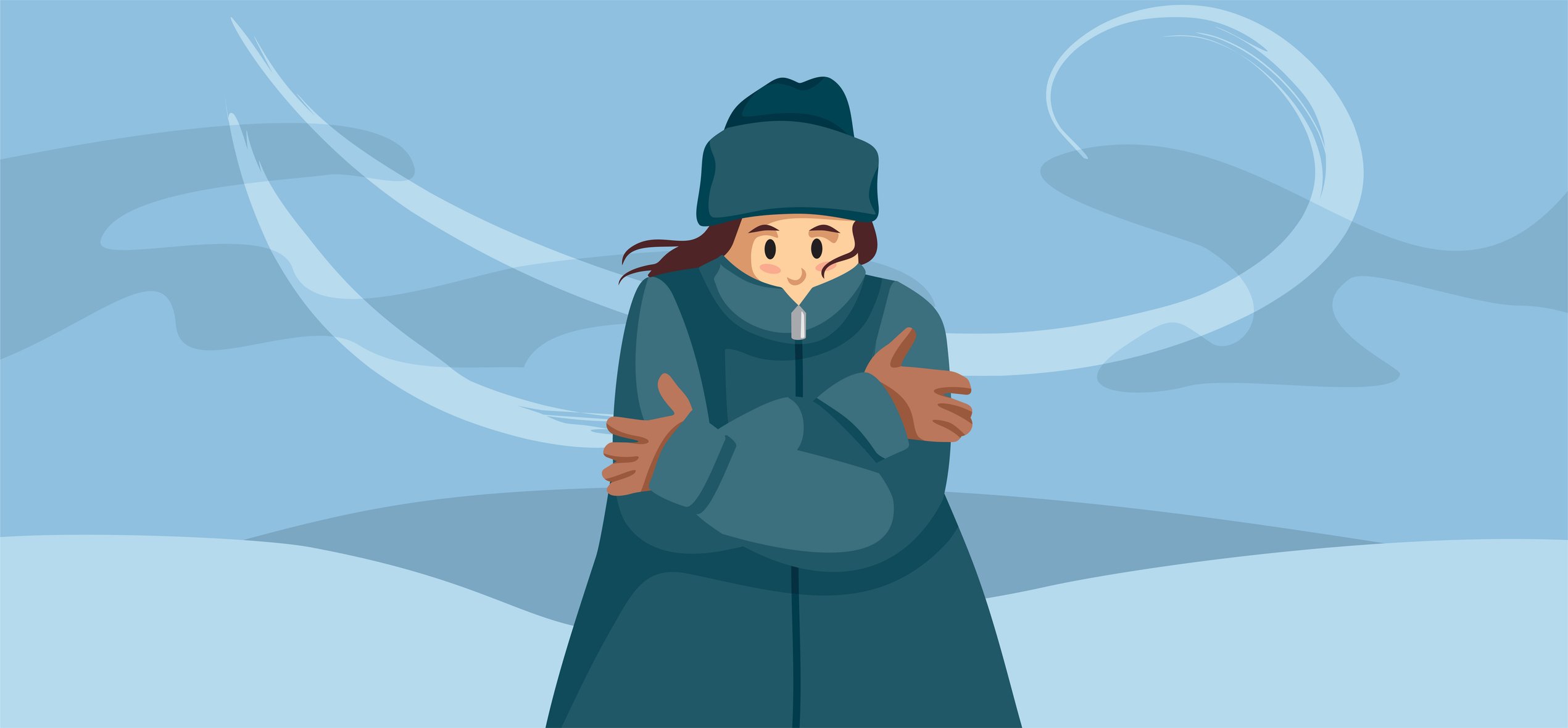Battling the Winter Gloom: Symptoms and Relief for Seasonal Depression

Seasonal Affective Disorder (SAD) is a type of depression that typically occurs in the fall and winter months when natural sunlight is limited. Also known as seasonal depression, SAD is linked to the daylight saving time change and can disrupt our body’s internal clock, impacting our mood and well-being.
What are the signs of seasonal depression?
"Seasonal Affective Disorder is a condition that can significantly impact a person's quality of life. Understanding the signs and seeking appropriate treatment can make all the difference,” says PIH Health Physician Erika Abueg DO. Keep an eye out for these signs of SAD:
- Persistent Sadness: Consistent feelings of sadness, hopelessness, or negative thoughts
- Fatigue: Persistent fatigue or a lack of energy, even after adequate rest
- Changes in Appetite: Increased cravings for carbohydrates or weight gain due to overeating; some individuals may experience weight loss
- Changes in Sleep Patterns: Insomnia or sleeping excessively; difficulty waking up in the morning
- Withdrawal: Isolating oneself from friends, family, and social activities
- Decline in Productivity: A noticeable decrease in work or academic performance
How to Prevent Seasonal Depression
- Get Some Light: Light therapy can help! Aim to spend at least 15–30 minutes outside during the day, especially in the morning when sunlight is most beneficial.
- Stay Active: Exercise can help keep your spirits up. Try to get at least 30 minutes of activity every day—whether it’s walking, biking, or yoga. Group fitness classes are a great way to stay motivated and make it more enjoyable.
- Stay Connected: Social connections are essential for emotional well-being. Reach out to friends and family regularly, whether through calls, video chats, or in-person meetups.
- Eat Well: A balanced diet can have a significant impact on your mood. Focus on incorporating plenty of fruits, vegetables, whole grains, lean proteins, and healthy fats into your meals.
- Establish a Routine: Create a daily schedule that includes time for self-care, work, exercise, and socializing. Predictable routines can provide structure and help combat feelings of lethargy or aimlessness during the winter months.
By following these strategies, you can proactively combat seasonal depression and promote a healthier, more balanced mindset during the winter months. To find a doctor, go to PIHHealth.org/Doctors